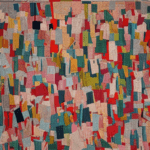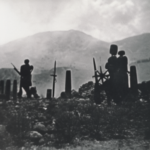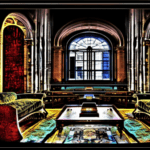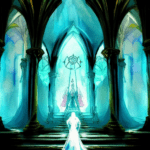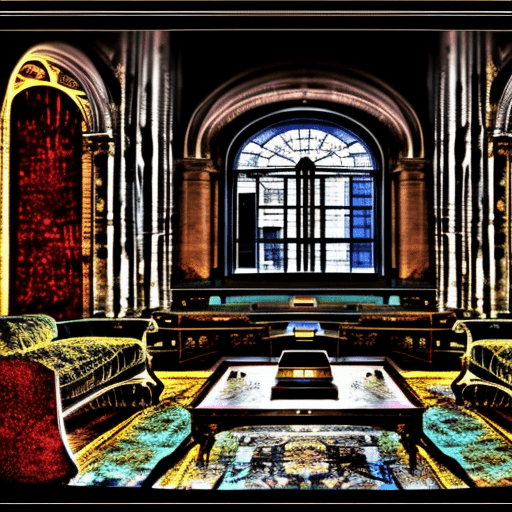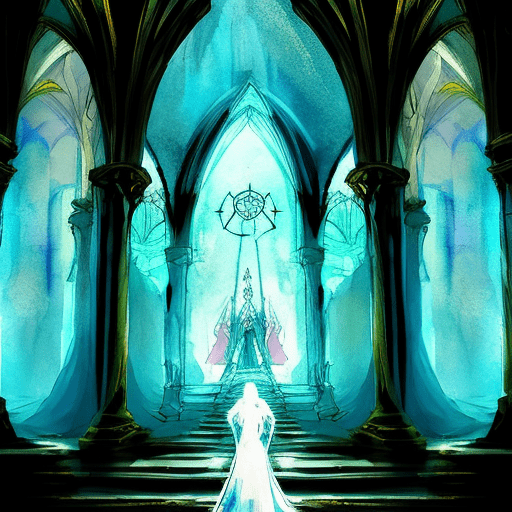The Way We Live Now: A Scathing Satire of Victorian Society
Anthony Trollope’s novel, The Way We Live Now, is a scathing satire of Victorian society, exploring themes of greed, corruption, and social climbing. Set in the late 19th century, the story follows a cast of characters whose lives intertwine in a web of deceit and manipulation. Through its vivid portrayal of the era’s societal norms and moral decay, the novel offers a compelling critique of the values and behaviors prevalent during the time.
The Rise and Fall of Augustus Melmotte
At the center of the novel is Augustus Melmotte, a mysterious and enigmatic financier who arrives in London with grand ambitions. Melmotte’s rise to power is fueled by his ability to manipulate and deceive those around him, as well as his extravagant displays of wealth. He quickly becomes the talk of the town, attracting the attention of both the upper class and the aspiring middle class.
Melmotte’s ascent is marked by his involvement in various financial schemes, including a fraudulent railway project. He uses his wealth and influence to gain acceptance into high society, despite his dubious background. However, as the truth about his fraudulent activities begins to emerge, Melmotte’s empire starts to crumble, leading to his eventual downfall.
Love, Marriage, and Social Climbing
Alongside Melmotte’s story, Trollope weaves a complex web of romantic entanglements and social aspirations. The novel explores the themes of love, marriage, and social climbing through the experiences of its diverse cast of characters.
Sir Felix Carbury, a young and reckless aristocrat, becomes entangled with Melmotte’s daughter, Marie, in a bid to secure her dowry. Their relationship is marked by deceit and manipulation, reflecting the shallow nature of many Victorian marriages based on financial gain rather than love.
Meanwhile, Hetta Carbury, Felix’s sister, finds herself torn between her love for the honorable Roger Carbury and the allure of Melmotte’s wealth. Her struggle highlights the tension between societal expectations and personal desires, as she grapples with the choice between love and financial security.
The Corruption of Victorian Society
Through its portrayal of the characters and their actions, The Way We Live Now exposes the corruption and moral decay that permeated Victorian society. Trollope criticizes the obsession with wealth and social status, as well as the hypocrisy and greed that characterized the era.
The novel also explores the influence of the press and the power of public opinion. Trollope highlights the role of newspapers in shaping public perception and the ease with which they can be manipulated for personal gain. This theme remains relevant in today’s society, where media manipulation and the spread of misinformation continue to be pressing issues.
In conclusion, The Way We Live Now is a scathing critique of Victorian society, exposing the greed, corruption, and moral decay that plagued the era. Through its vivid characters and intricate plot, the novel offers a compelling exploration of themes such as love, marriage, social climbing, and the power of the press. Trollope’s work serves as a reminder that the flaws and follies of human nature transcend time and continue to shape our society today.
- Love and marriage as tools for social climbing
- The corrupting influence of wealth and power
- The role of the press in shaping public opinion
“The way we live now is not the way we ought to live.”
